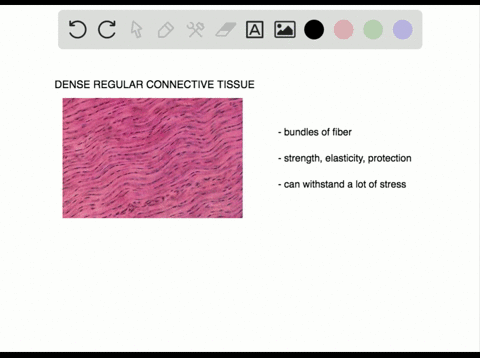The lock and key hypothesis models this. Increase the free energy of the reactants in order to make the reaction go faster
Enzymes Are Described As Catalysts Which Means That They _____. All enzymes are protein in nature except ribozymes (catalytic rna). Enzymes are described as catalysts, which means that they ____ the active site can provide heat from the environment that raises the energy content of the substrate which of the following is not a way an enzyme can speed up the reaction that it catalyzes? Enzymes are described as catalysts, which means that they _____. Enzymes are described as catalysts, which means that they _____.
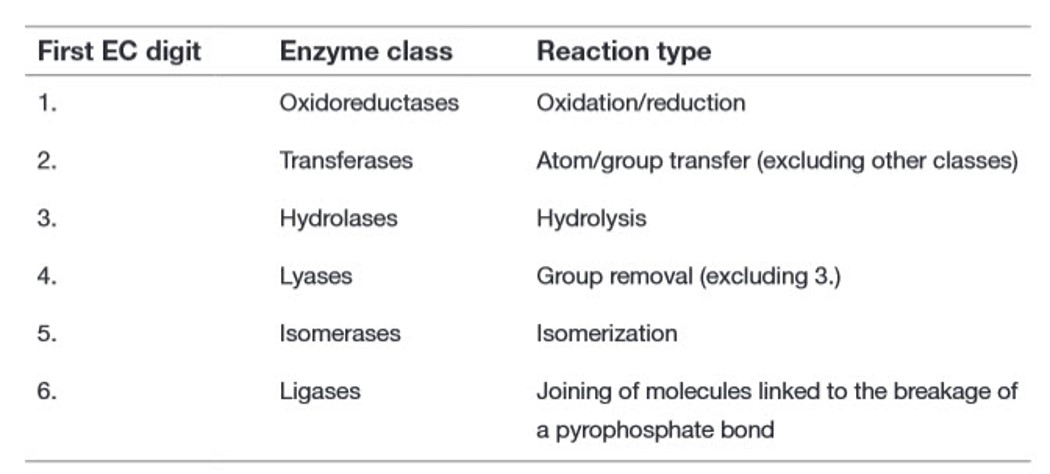 Chapter 6: Enzyme Principles And Biotechnological Applications – Chemistry From wou.edu
Chapter 6: Enzyme Principles And Biotechnological Applications – Chemistry From wou.edu
Related Post Chapter 6: Enzyme Principles And Biotechnological Applications – Chemistry :
An enzyme reduces the free energy of activation (ea) of the reaction it catalyzes. A cofactor, such as a vitamin, binds to. Enzymes are described as catalysts,which means that they a. Enzymes are described as catalysts, which means that they _____.
They are proteins which possess special binding sites for a certain biochemicals.
Although rnas are capable of catalyzing some reactions, most biological reactions are catalyzed by proteins. Enzymes are biological catalysts, agents which increase the rate of chemical reactions without being used up in the reaction. Although rnas are capable of catalyzing some reactions, most biological reactions are catalyzed by proteins. Increase the rate of a reaction without being consumed by the reaction b. Enzymes are biological catalysts which speed up reactions. This means that they are able to speed up chemical reactions.
 Source: www2.estrellamountain.edu
Source: www2.estrellamountain.edu
Enzymes are responsible for a lot of the work that is going on in cells. An enzyme is a biological catalyst that can accelerate a specific chemical reaction by lowering the activation energy but remain unaltered in the process. In the absence of enzymatic catalysis, most.

Enzymes are described as catalysts, which means that they ____ the active site can provide heat from the environment that raises the energy content of the substrate which of the following is not a way an enzyme can speed up the reaction that it catalyzes? Enzymes are specific enzymes are very specific. Enzymes are responsible for a lot of the work that is going on in cells.
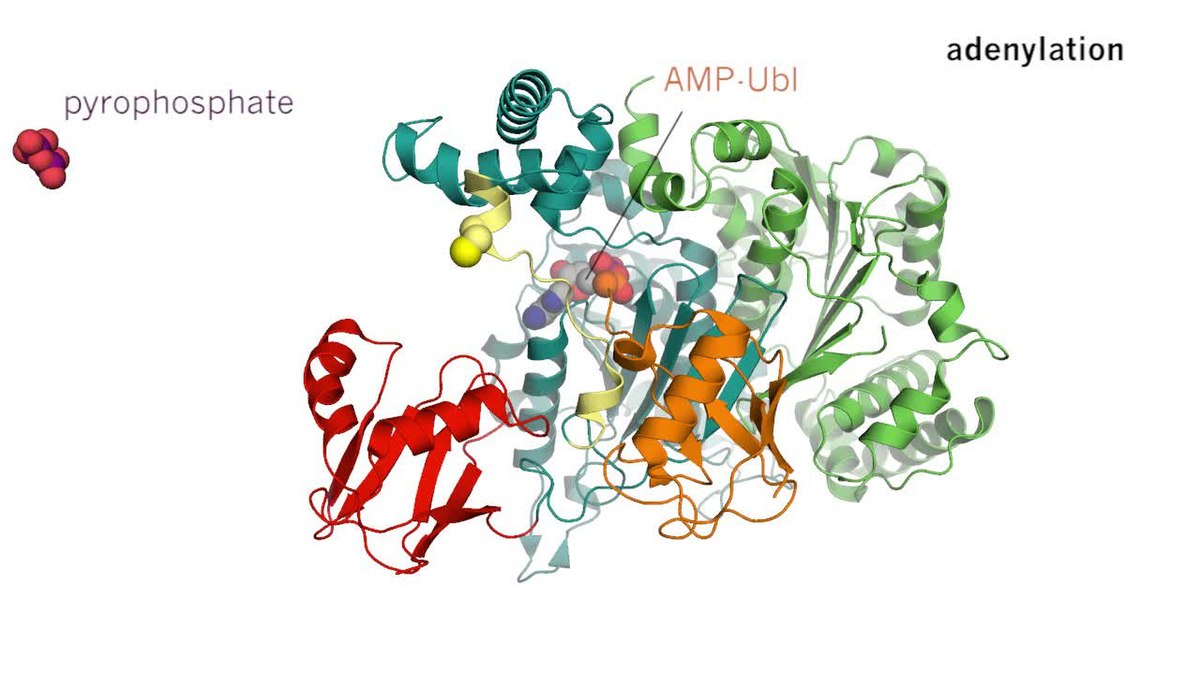 Source: en.wikipedia.org
Source: en.wikipedia.org
The central role of enzymes as biological catalysts. Provide activation energy for the reactions they facilitate b. Also, they are not used up by reactions.
 Source: bio.libretexts.org
Source: bio.libretexts.org
An enzyme is considered a catalystbecause it speeds up chemical reactions without being used up. Catalysts accelerate chemical reactions.the molecules upon which enzymes may act are called substrates, and the enzyme converts the substrates into different molecules known as products.almost all metabolic processes in the cell need enzyme catalysis in order to occur at rates fast enough to. Increase the free energy of the reactants in order to make the reaction go faster
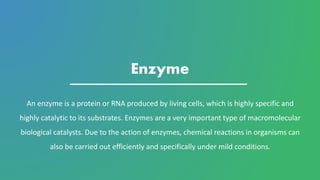 Source: slideshare.net
Source: slideshare.net
An enzyme works on the substrate ,. This means that they are able to speed up chemical reactions. The central role of enzymes as biological catalysts.
 Source: quizlet.com
Source: quizlet.com
They create the conditions needed for biochemical reactions to happen fast. The lock and key hypothesis models this. Enzymes are responsible for a lot of the work that is going on in cells.
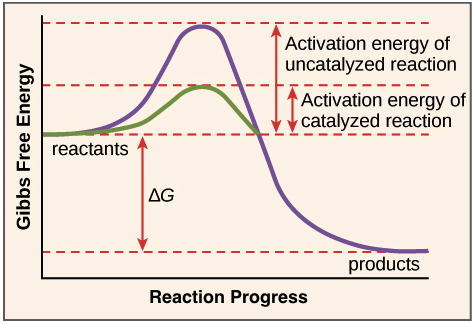 Source: khanacademy.org
Source: khanacademy.org
The general name that chemists use for a chemical entity that increases the speed of a reaction is a “catalyst.”. All enzymes are protein in nature except ribozymes (catalytic rna). They are specific for their substrate.
 Source: wou.edu
Source: wou.edu
This chapter covers the basic principles of enzymology, such as classification, structure, kinetics and. Provide activation energy for the reactions they facilitate b. Enzymes have enormous catalytic power.
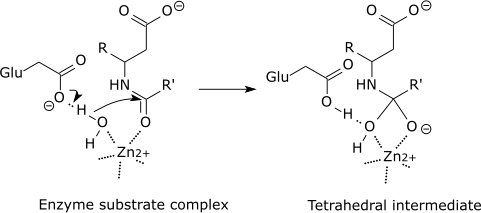 Source: en.wikipedia.org
Source: en.wikipedia.org
They greatly increase the rate at which specific chemical reactions take pike. Weak binding interactions with the biochemical allow enzymes to accelerate specific reaction rates millions of times. This chapter covers the basic principles of enzymology, such as classification, structure, kinetics and.
 Source: en.wikipedia.org
Source: en.wikipedia.org
This permits enzyme molecules to. Add your answer and earn points. Enzymes (/ ˈ ɛ n z aɪ m z /) are proteins that act as biological catalysts (biocatalysts).
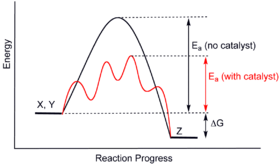 Source: en.wikipedia.org
Source: en.wikipedia.org
They greatly increase the rate at which specific chemical reactions take pike. Ezymes are described as catalysts because enzymes can speed up the rate of the reaction without themselves being consumed or permanently altered by the reaction. Catalysts accelerate chemical reactions.the molecules upon which enzymes may act are called substrates, and the enzyme converts the substrates into different molecules known as products.almost all metabolic processes in the cell need enzyme catalysis in order to occur at rates fast enough to.
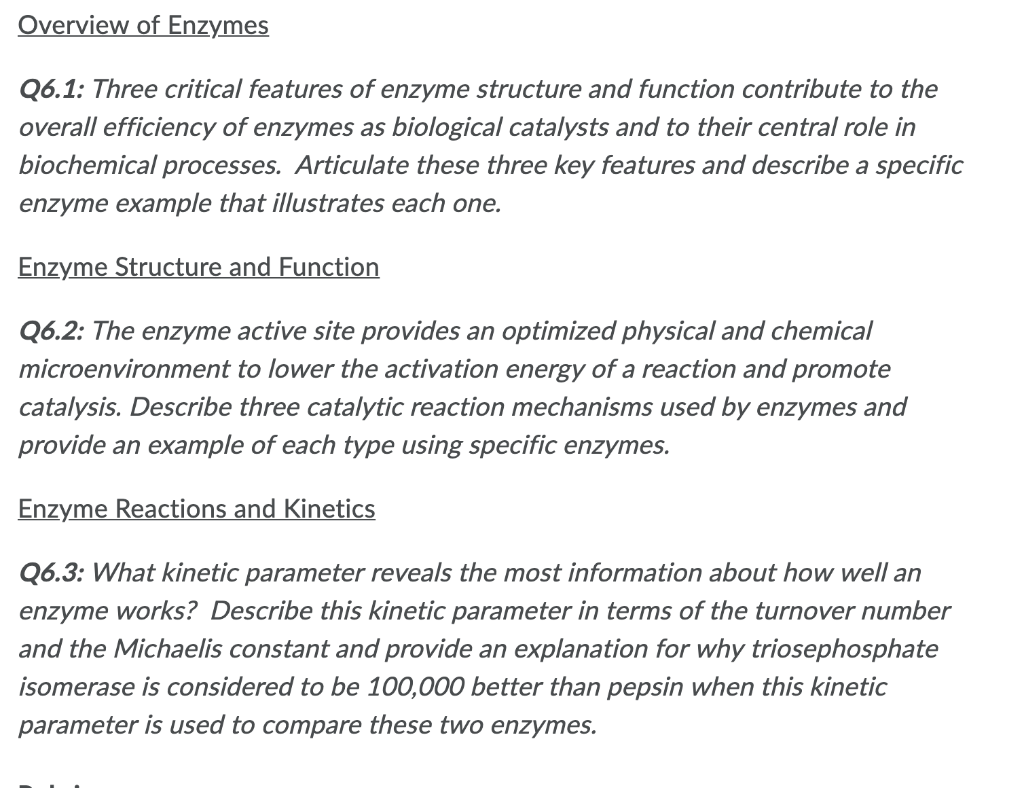 Source: chegg.com
Source: chegg.com
An enzyme works on the substrate ,. Enzymes have enormous catalytic power. A fundamental task of proteinsis to act as enzymes—catalysts that increase the rate of virtually all the chemical reactions within cells.
 Source: studocu.com
Source: studocu.com
Enzymes are responsible for a lot of the work that is going on in cells. Enzymes are biological catalysts which speed up reactions. Also, they are not used up by reactions.

An enzyme�s active site binds only the reactants, and not the products of a reaction, pushing the equilibrium for the reaction far to. They are specific for their substrate. A fundamental task of proteinsis to act as enzymes—catalysts that increase the rate of virtually all the chemical reactions within cells.
 Source: chegg.com
Source: chegg.com
Enzymes have enormous catalytic power. Weak binding interactions with the biochemical allow enzymes to accelerate specific reaction rates millions of times. Hope this answers the question.
 Source: chegg.com
Source: chegg.com
Enzymes are biological catalysts which speed up reactions. Provide activation energy for the reactions they facilitate c. They only change the rate of reaction, not the position of the equilibrium.enzymes as catalysts are highly selective by only catalysing specific reactions due to the shapes of the enzyme’s molecule.
 Source: chegg.com
Source: chegg.com
Increase the free energy of the reactants in order to make the reaction go faster Provide activation energy for the reactions they facilitate b. Enzymes have enormous catalytic power.

A fundamental task of proteinsis to act as enzymes—catalysts that increase the rate of virtually all the chemical reactions within cells. An enzyme�s active site binds only the reactants, and not the products of a reaction, pushing the equilibrium for the reaction far to. Increase the rate of a reaction without being consumed by the reaction d.
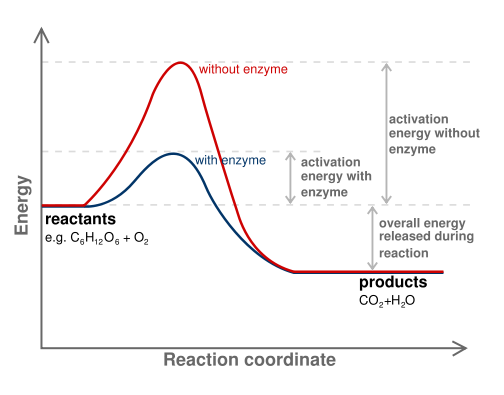 Source: courses.lumenlearning.com
Source: courses.lumenlearning.com
They are proteins which possess special binding sites for a certain biochemicals. Enzymes are biological catalysts, agents which increase the rate of chemical reactions without being used up in the reaction. A cofactor, such as a vitamin, binds to.
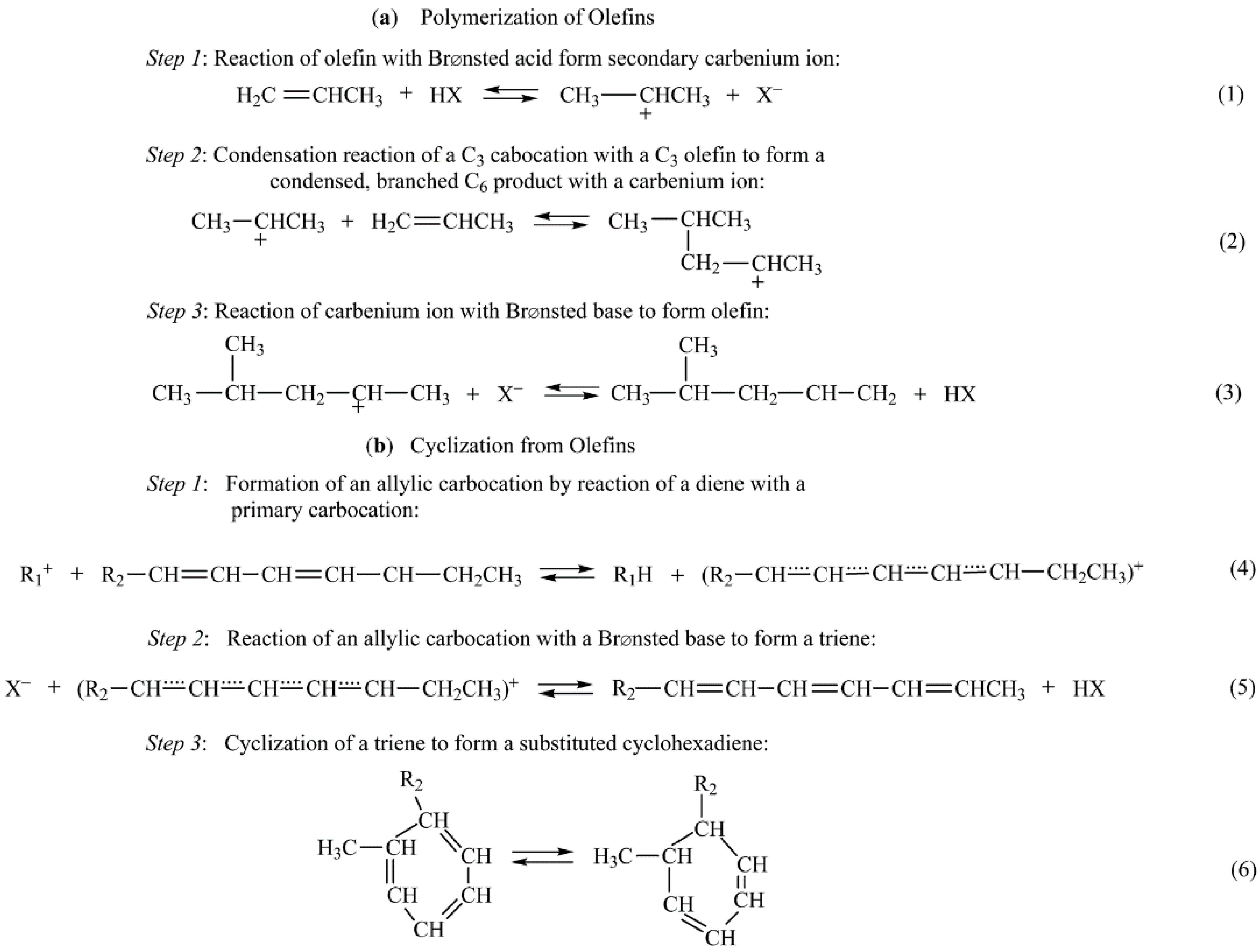 Source: mdpi.com
Source: mdpi.com
Provide activation energy for the reactions they facilitate c. Ezymes are described as catalysts because enzymes can speed up the rate of the reaction without themselves being consumed or permanently altered by the reaction. This means that they are able to speed up chemical reactions.
Also Read :


